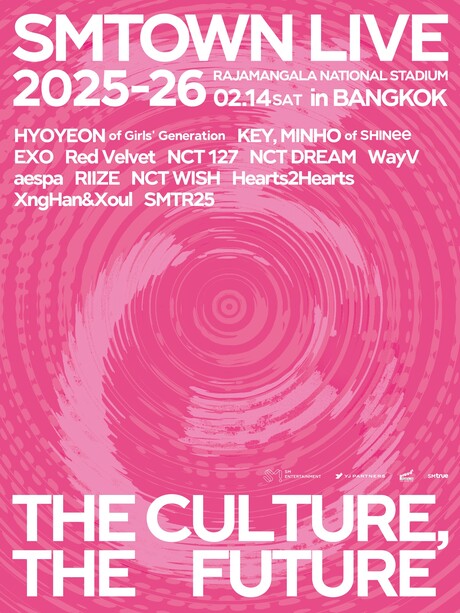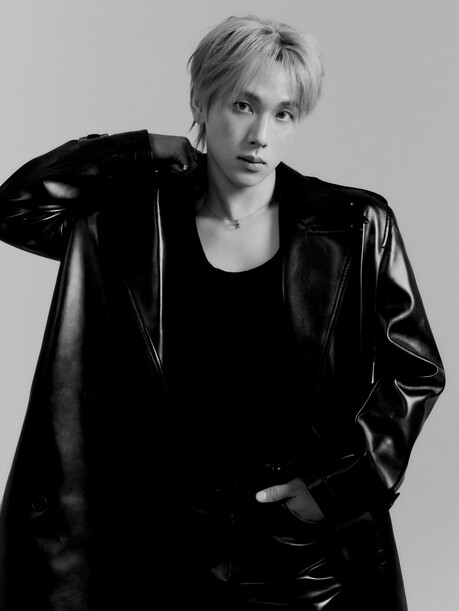South Korea's Ministry of Culture will host the inaugural Korean Literature Festival from Friday through September 25, bringing together major literary events in a comprehensive celebration of Korean writing. The festival combines the Seoul International Writers Festival, Literature Week, and programs from the National Museum of Korean Literature, creating an umbrella event for the country's most significant literary gatherings. Events will take place primarily in Seoul's Daehangno district, famous for its small theaters, as well as in cities across the nation.
The timing of this new festival reflects Korea's desire to capitalize on the international spotlight Han Kang's Nobel Prize in literature brought to Korean writing. The Culture Ministry, working alongside the Literature Translation Institute of Korea, Arts Council Korea, the National Museum of Korean Literature, and the Publication Industry Promotion Agency of Korea, hopes to build on the heightened domestic and international interest in Korean literature that followed Han Kang's historic win.
The Seoul International Writers Festival will kick off Friday at Ground Seoul in Insa-dong with a conversation between acclaimed Chinese novelist Yan Lianke and Korean author Hyun Ki-young. Yan, a Franz Kafka Prize laureate who has been shortlisted twice for the International Booker Prize, will discuss literature with Hyun, a Jeju-born writer known for bringing attention to the island's tragic April 3 Uprising through works including the novella "Aunt Suni" and his three-volume epic "Oh, Jejudo."
This year's festival will feature ten international authors from eight countries alongside 19 Korean writers, all exploring the theme "( ) Meets the Eye," chosen to examine the essence of things in an era overwhelmed by information and fierce competition for attention. Notable pairings include Lee Suzy, who became the first Korean recipient of the Hans Christian Andersen Award for illustration in 2022, with French picture-book artist Adrien Parlange. Swedish novelist Jonas Hassen Khemiri will also appear with Korean American author Juhea Kim, whose debut novel "Beasts of a Little Land" became an international bestseller.
The festival will reimagine literature through dialogue and performance, offering audiences new ways to experience written works. On Saturday, writer Park Chun-hue, co-creator of the six-time Tony Award-winning musical "Maybe Happy Ending," will have a conversation with poet Kim Hyun at Daehangno's Artists House. On September 19, internationally acclaimed poet Kim Hye-soon will present a full-length performance reading of her latest collection, "Synchronized Sea Anemones," at Daehangno Arts Theater.
Several programs will reinterpret literature through theater and performance art. Audiences can experience a stage adaptation of Baek Onyu's novel "Yuwon," a dramatized reading of Ki Hyong-do's "A Black Leaf in the Mouth" in a production titled "Ki Hyong-do Play," and collaborative performances that pair playwrights with poets to create new artistic experiences.
The festival extends far beyond Seoul, with nine regional literary museums participating nationwide. The Kim You Jeong House of Literature in Chuncheon, the Shin Dong-yeop Museum in Buyeo, and the Yosan Literary Museum for Kim Jeong-han in Busan will present reinterpretations of classic Korean works through theater, webtoons, and media art. These regional institutions will offer local audiences unique perspectives on Korea's literary heritage.
Poet Moon Chung-hee, director of the National Museum of Korean Literature, emphasized the festival's role in strengthening connections between regional institutions during a meeting with reporters Wednesday. "We hope this festival will inspire regional literary museums to rediscover and preserve Korea's literary heritage while broadening its artistic horizons," she said. "As the country's central institution, we aim to enhance cooperation with local museums and expand opportunities for communities to engage with literature." The National Museum of Korean Literature, scheduled to officially open in 2027, views the festival as strengthening its role as a central hub by collaborating with regional institutions across the country.





























